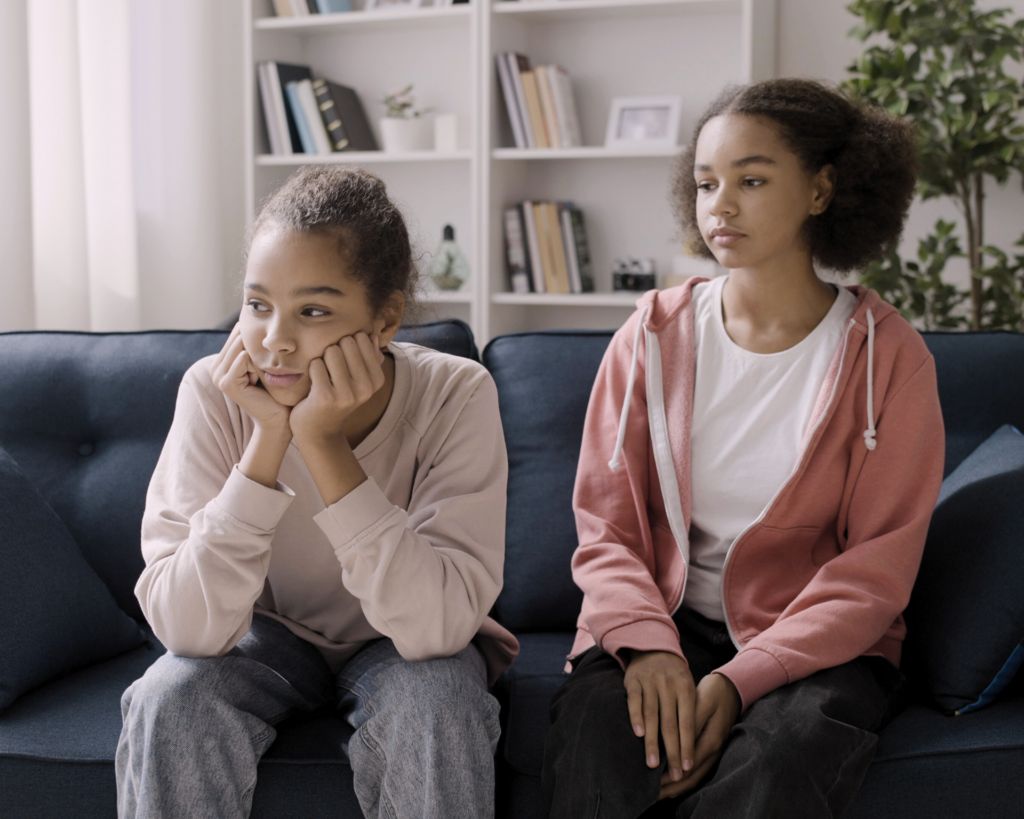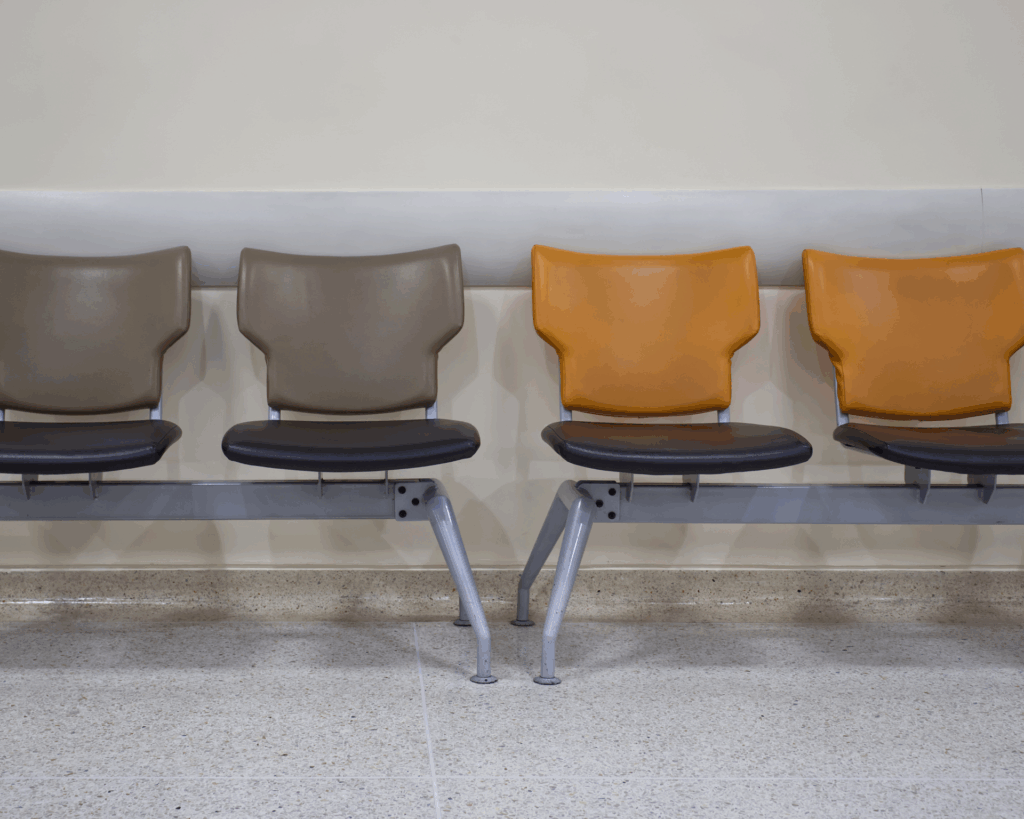Philadelphia Reduces Tobacco Use
Tobacco use has declined over the past 50 years in the United States, but not at the same speed for minorities and people with low incomes.

Read Time: 2 minutes
Published:
Tobacco use has declined over the past 50 years in the United States, but not at the same speed for everyone. Rates have fallen more slowly for minorities and people with low incomes perhaps in part because they often live in neighborhoods with more stores selling tobacco products.
To reduce tobacco use rates, several municipalities in the US have tightened tobacco zoning policies by setting hard caps on the number of stores allowed per 1,000 residents. In 2016, Philadelphia had 2.21 tobacco retailers per 1,000 population, twice that of other large cities like New York City (1.15) and San Francisco (1.05). Recognizing the need for action, Philadelphia instituted four tobacco retail regulations in December 2016: one retailer per 1,000 people; smoke-free school zones and no new stores within 500 feet of schools; increased licensing fees (from $50 to $300); and stringent standard penalties for selling to youth.
These new policies did not immediately close any stores—all existing licenses were grandfathered in—but renewals and new licenses were not granted unless they complied with these four rules.
Hannah Lawman and colleagues at Philadelphia’s Department of Public Health measured the effects of the regulations from 2016-2019. The figure illustrates a 20.7% drop in the number of tobacco sellers in low-income areas and a 19.4% decrease elsewhere in the city. The number of shops in school zones also fell by 22%.
The effectiveness of Philadelphia’s regulations reveals the potential benefits of employing all four licensing measures to combat tobacco retailer numbers. And lower retailer numbers have been shown to improve smoking cessation and prevent adolescent tobacco usage. While data on whether these regulations actually changed tobacco usage in Philadelphia have yet to be seen, the reduction in number of retailers shows that zoning policies can quickly drive businesses away from selling tobacco.
Databyte via , 2020: Tobacco Retail Licensing and Density 3 Years After License Regulations in Philadelphia, Pennsylvania (2012–2019). American Journal of Public Health 110, 547-553.



